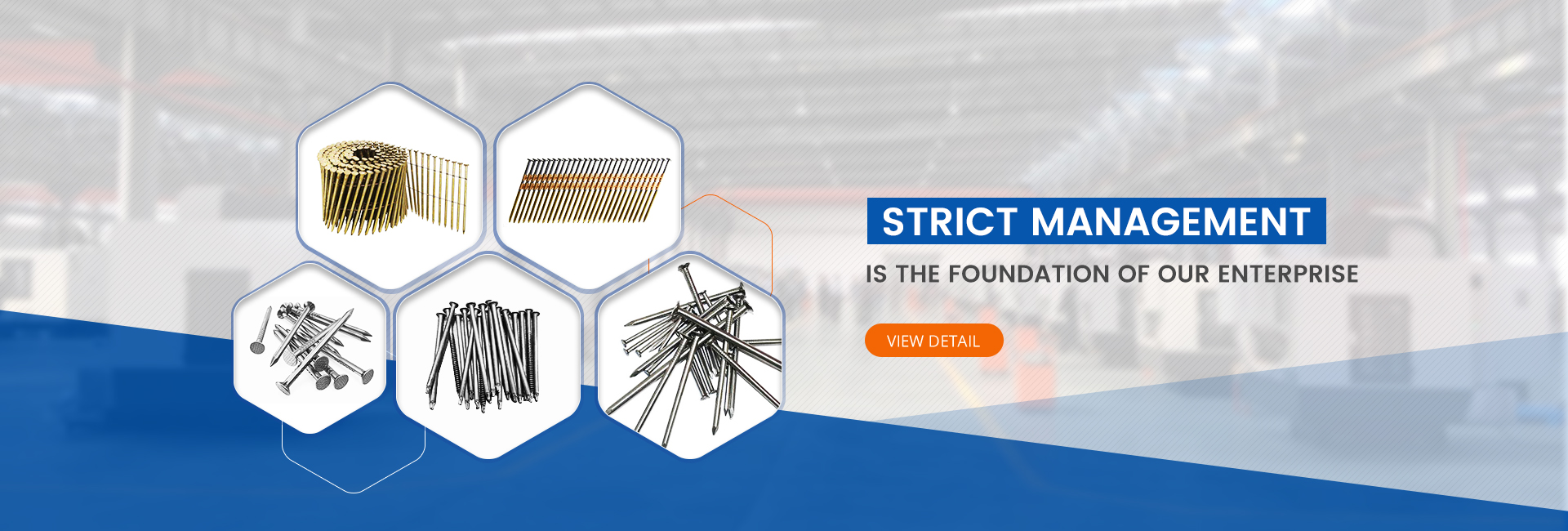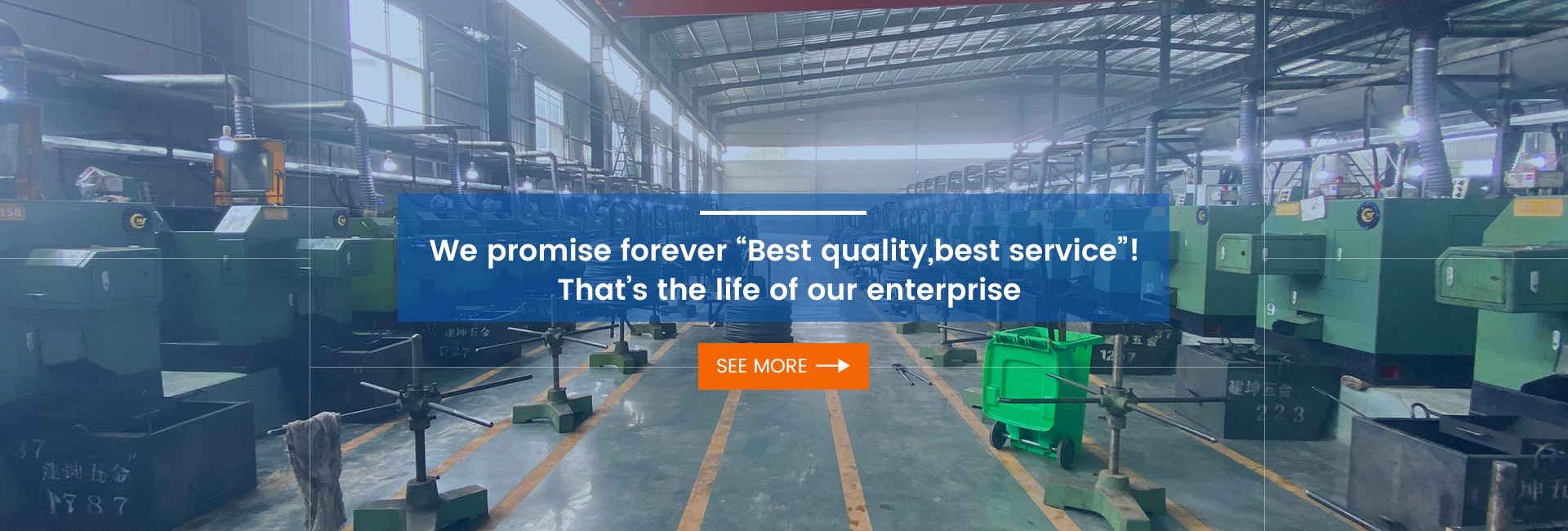When choosing fasteners like ring shank coil nails, selecting the right nail is only part of the equation. The performance of these nails depends just as much on the compatibility with your nail gun. Using the appropriate tool ensures precision, efficiency, and consistent fastening quality.
Ring shank coil nails are specifically designed for use in pneumatic or gas-powered nail guns that support coiled fasteners. These nails come arranged in a spiral coil configuration, allowing for a higher nail capacity per load. This design is particularly favored in industrial settings where minimizing reload time directly improves output—such as in pallet production, framing, decking, fencing, and crate manufacturing.
Many global brands produce coil nailers that are fully compatible with ring shank coil nails. Among the most recognized are MAX, MAKITA, PASLODE, FASCO, BEA, and DOU-FAST. Additionally, many nail guns produced in Taiwan and China are designed to accommodate both high-pressure and low-pressure coil nails with various specifications, making them widely adaptable across different manufacturing needs.
When selecting a compatible nail gun, it is essential to consider several factors:
-
Coil angle (15°, 16°, or 17°)
-
Nail shank diameter and length range
-
Magazine type (standard coil vs. jumbo coil)
-
Operating pressure (high or low pressure, depending on the production environment)
A mismatch between the nail specification and gun capacity can lead to frequent jams, inconsistent driving depth, or reduced holding power, which ultimately affects product quality and productivity.
In sectors like pallet manufacturing, where hundreds of nails are driven each hour, compatibility between the nail and the tool is key to avoiding costly downtime. Companies that invest in matched systems—choosing both nails and guns from compatible or recommended pairings—tend to see better performance, longer tool lifespan, and reduced maintenance issues.
In conclusion, choosing ring shank coil nails means also ensuring that your nail guns are engineered for coiled delivery systems. With the right pairing, you gain not only mechanical advantage but also significant gains in speed, safety, and consistency on the production line.
Post time: Apr-16-2025



